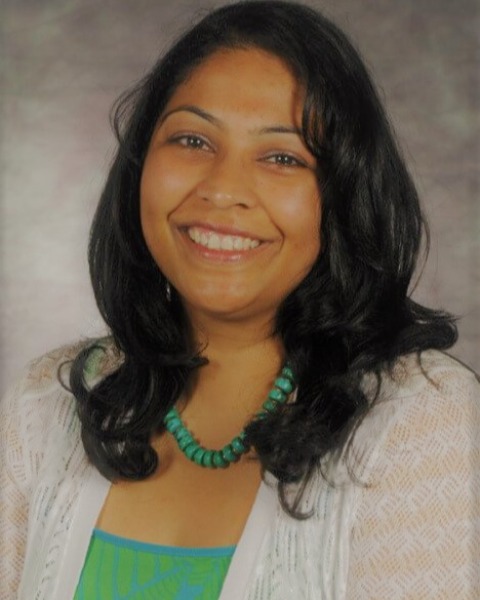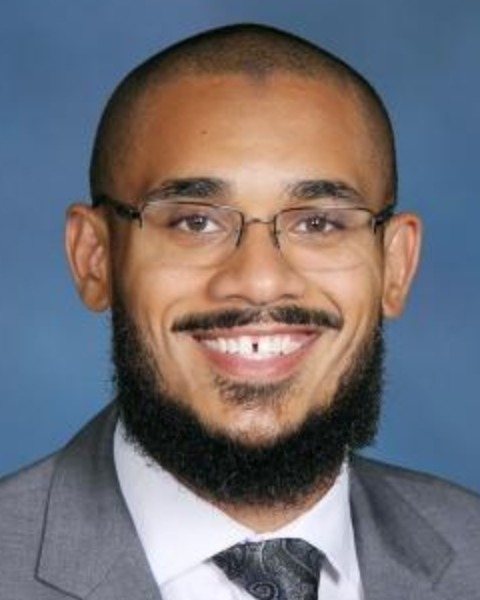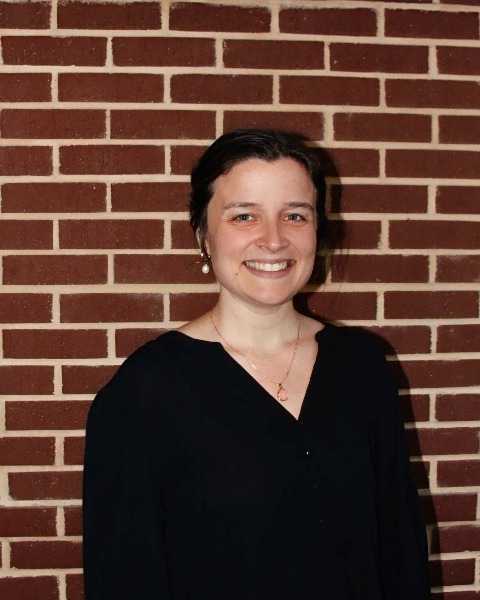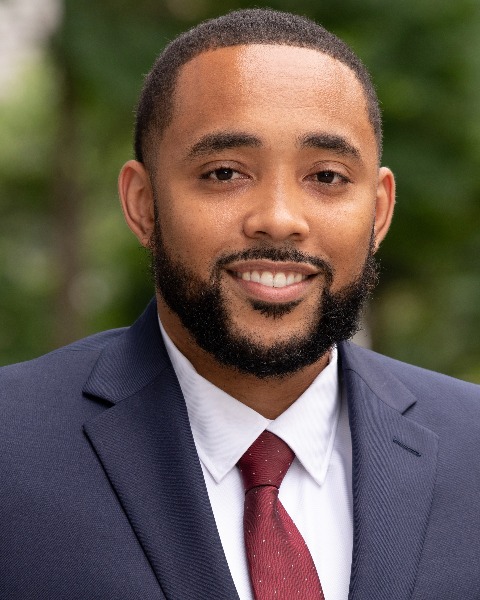Medical Education
Leadership and Business Training
Wellness and Well-being
Career Development
Trainee
Utilizing Restorative Justice to Reduce Moral Injury Amongst Faculty and Trainees in Academic Pediatrics
-

Rita Nathawad, MD (she/her/hers)
Associate Professor of Pediatrics
Pediatrics
UF Health
Saint Johns, Florida, United States -
BD
Betsy Dobbins, JD, MSW (she/her/hers)
Executive Director
Center for Children’s Rights, Inc.
Jacksonville, Florida, United States -

Abdul-Hai Thomas, Ed.D.
Child and Youth Ombudsperson
Center for Children's Rights (CCR), United States -
AS
Addison Simms, MA (he/him/his)
Center for Children’s Rights
Jacksonville, Florida, United States -

Melissa Moulton, MSW, (she/her/hers)
Restorative Practices Consultant
Center for Children's Rights
Jacksonville, Florida, United States -

Mikah Owen, MD, MPH, MBA
Senior Clinical and Academic Program Director, Health Equity
UCLA-UCSF Aces Aware Family Resilience Network
Elk Grove, California, United States
Leader(s)
Co-Leader(s)
Workshop
Description: Increasingly we are faced with difficult issues in the academic setting, for example, issues of moral injury, discrimination, mistreatment, professionalism and safety. Navigating such challenges requires the creation of a safe forum for discussion and conflict resolution amongst faculty and trainees. Restorative justice (RJ), rooted in indigenous practices and world views based on collectivism, offers a relational framework to bring together individuals to engage in conversations about critical issues. In using RJ principles, one creates a space for all involved to discuss individual and collective harm incurred and move toward creating the conditions needed to reduce harm and promote community trust. RJ connection or community-building circles bring participants together in a circle (to eliminate hierarchies) and allow for all voices to be heard and acknowledged. Within the circle participants are guided through a series of prompts involving breathing exercises, kinesthetic movement, games and storytelling to develop connections and move toward conflict resolution.
In this workshop we will ask participants to self-reflect on how conflict is currently resolved within their work and personal spaces, introduce them to the concept of restorative justice and connection circles, provide time to experience techniques used in a connection circle, and brainstorm areas in the academic setting where restorative justice may be helpful. Participants will be provided with further resources to advance their skills in restorative justice and leave with a few community building exercises they could facilitate themselves.
Learning Objectives:
- Describe the core principles of restorative justice and connection circles.
- Discuss the impact of connection circles on community building and open communication.
- Identify areas in academic pediatrics where restorative justice practices could promote harm reduction, increase persona and collective well-being, and reduce moral injury.
